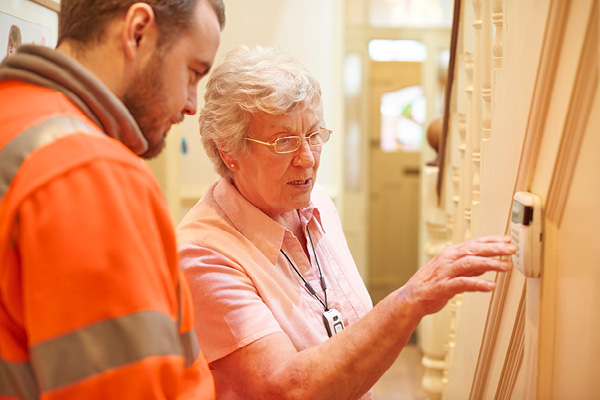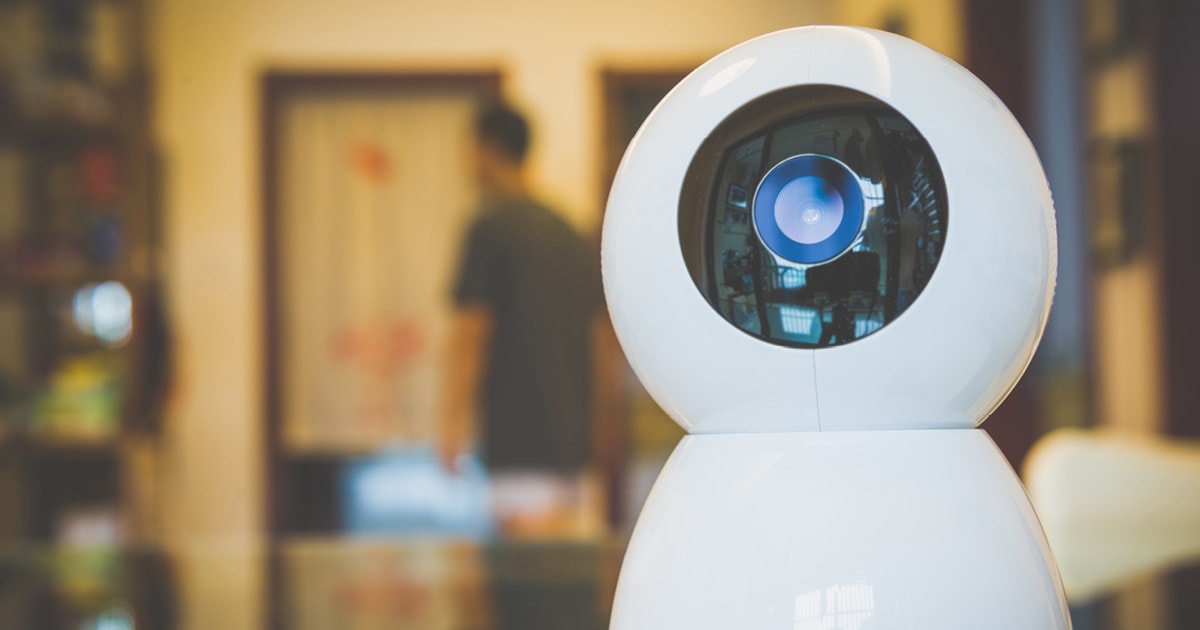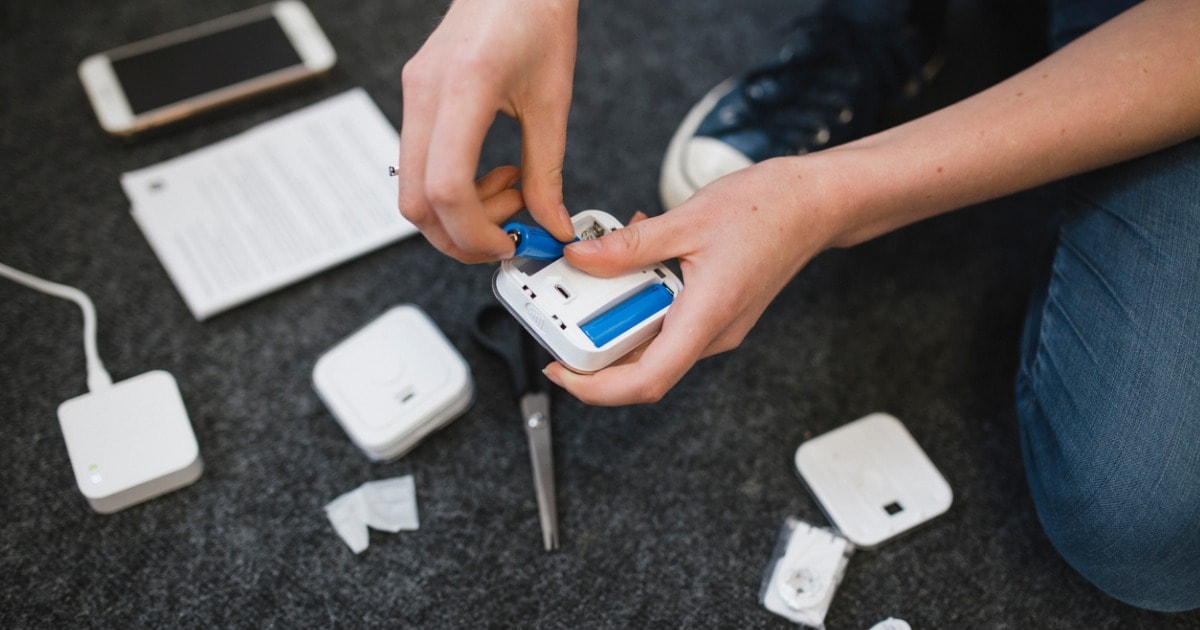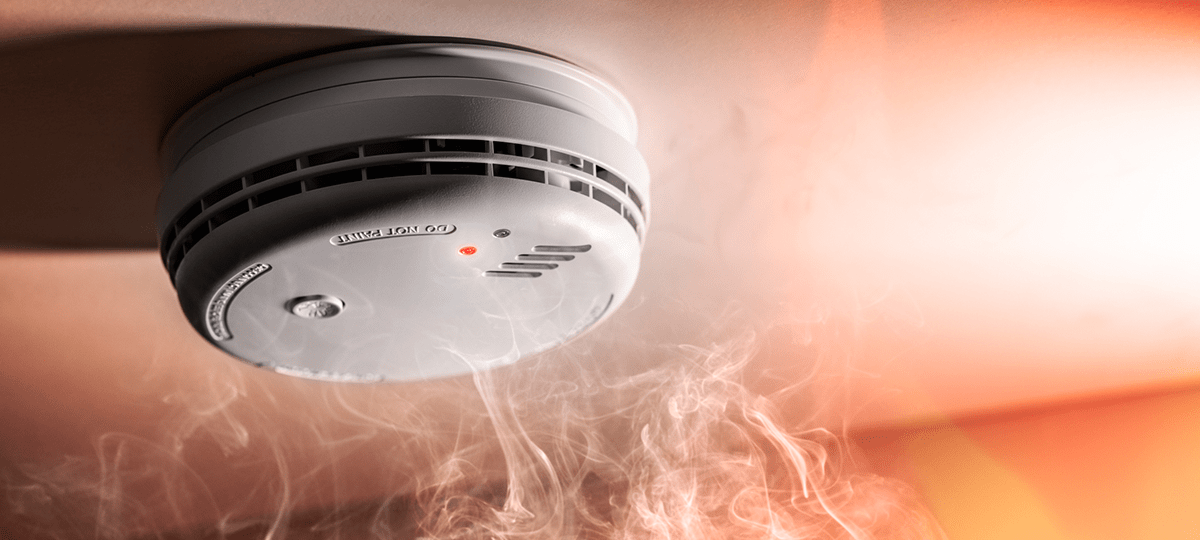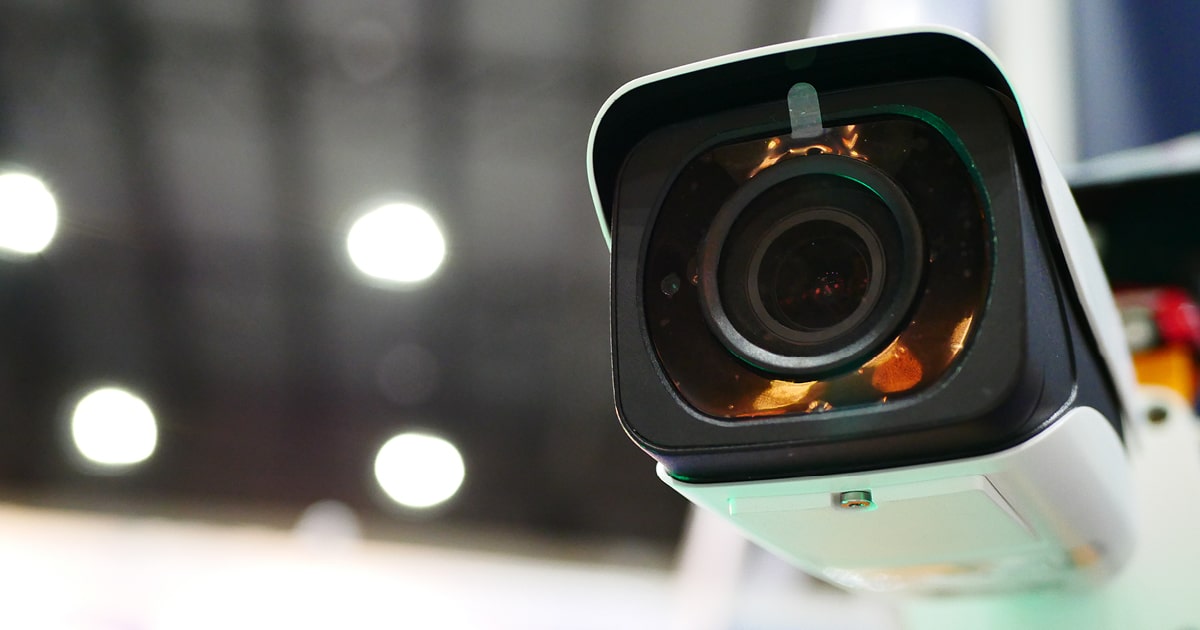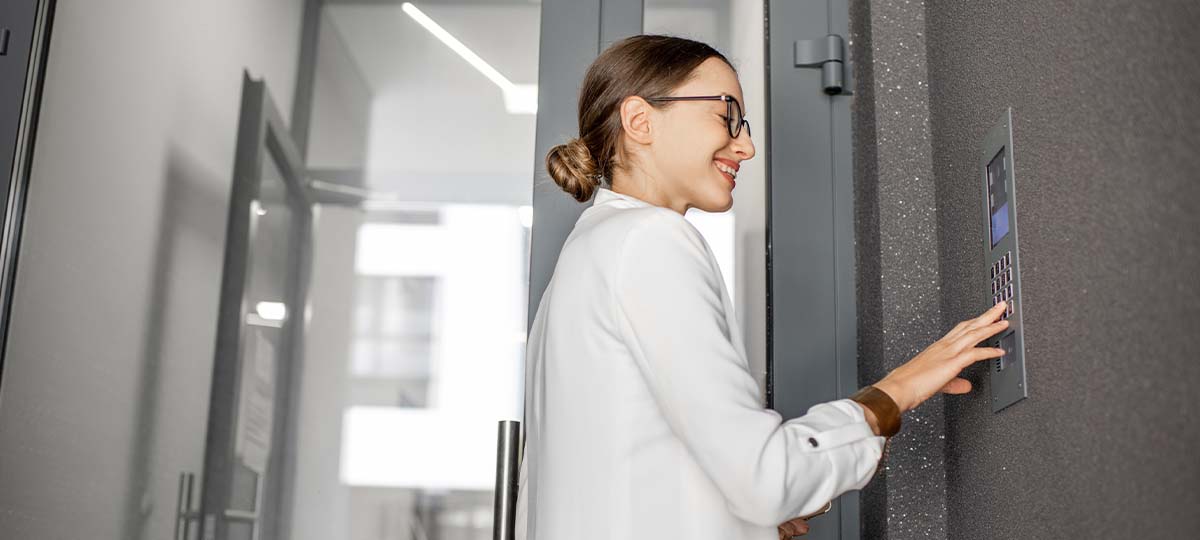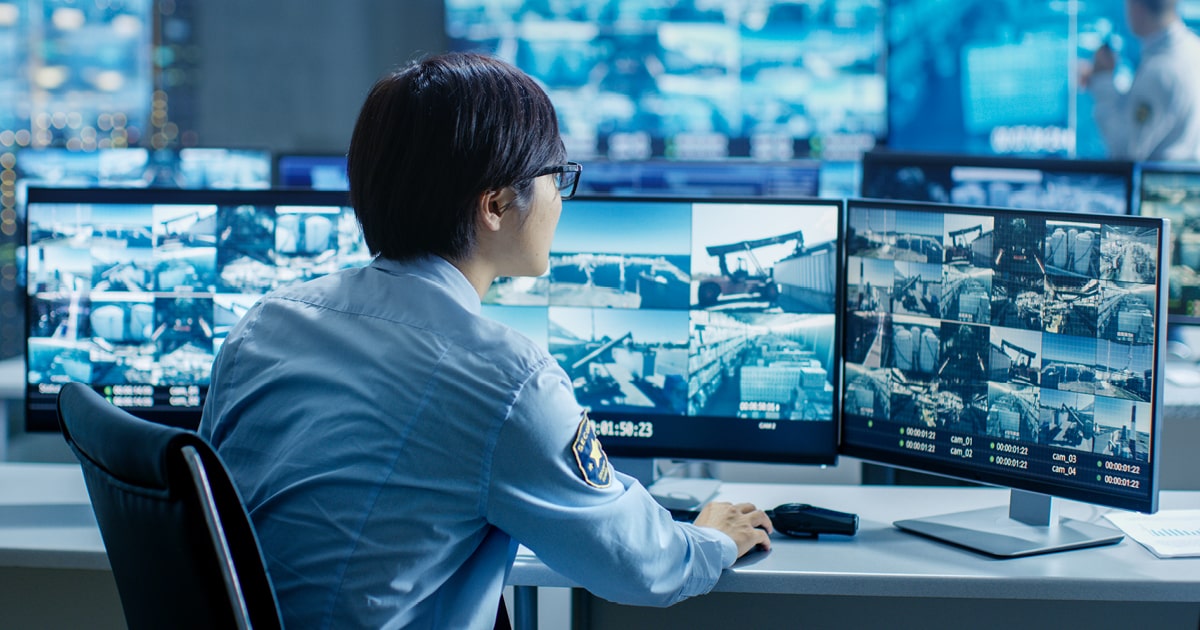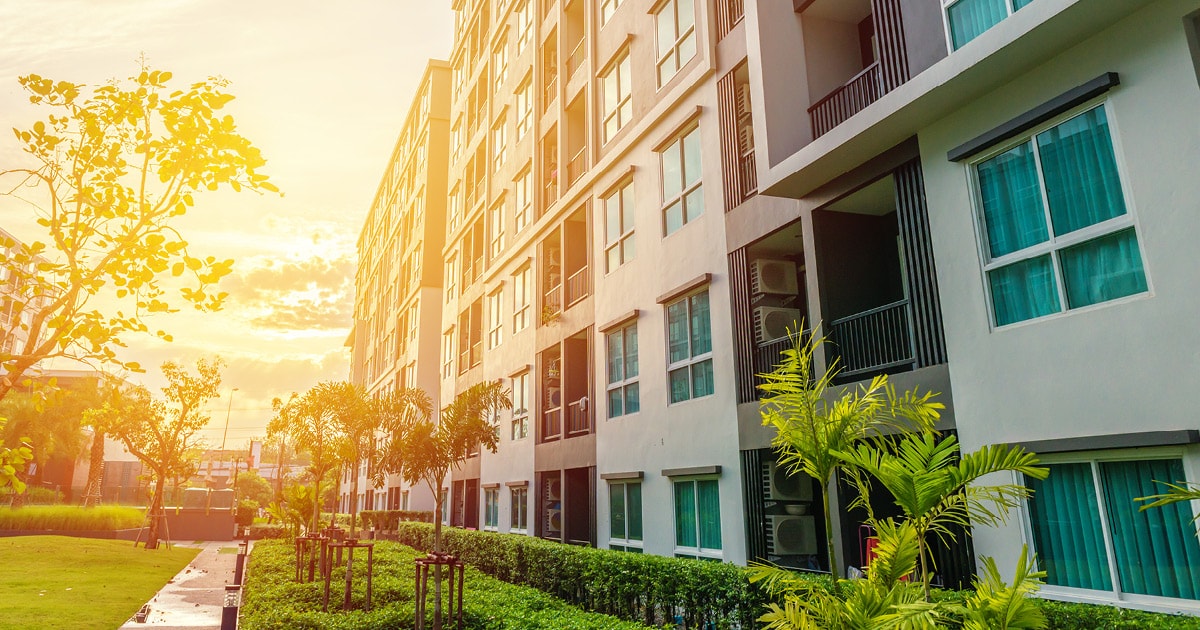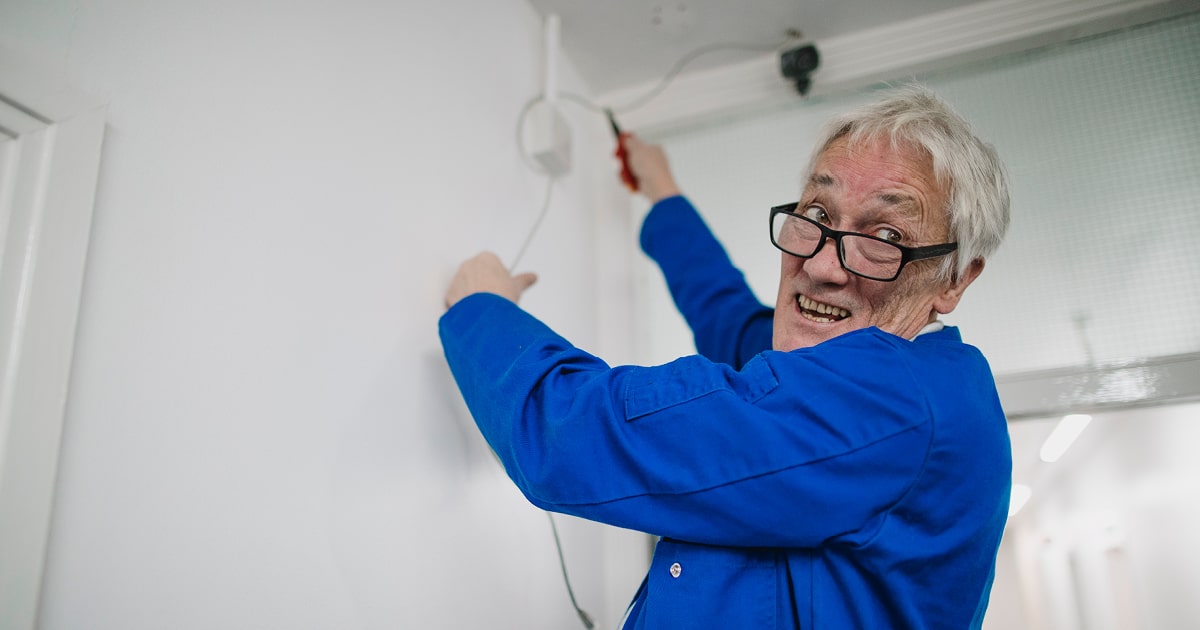Best Security System Setups for Senior Citizens
According to the American Association of Retired Persons (AARP), nearly 90% of senior citizens want to stay in their homes as they age even if they need day-to-day assistance or have ongoing health issues like early-stage Alzheimer’s or dementia.
Unfortunately, criminals often target senior citizens as victims. Thieves assume older people will not be able to hear, see, or defend themselves, which makes them an easier target. Also, seniors often possess high value prescription medications that make them a target for home burglaries.
Loved ones of senior citizens who live at home tend to worry about them wandering out of the house or falling down while alone. The leading cause of elder injuries and death is falling, according to the CDC.
The good news is that home security systems provide a relatively low-cost solution that allows senior citizens to continue living at home for as long as possible. With today’s smart home technology incorporated into security systems, caregivers have a wealth of knowledge about the health, well-being, and safety of their loved ones.
Protecting the perimeter of the house is vital for a home security system for a senior citizen. Smart door locks can provide easy access for family members or service providers coming into and out of the home, preventing the homeowner from having to get up and down to answer the door.
Placing sensors on all exterior doors and windows, as well as on access doors for the garage is also an essential component for seniors. These sensors allow caregivers to be notified if any doors are opened.
Many families install video surveillance cameras that overlook the yard, facing down the driveway, looking over vehicles in the garage, and at the front door. If any door opens, it can trigger a video notification so the family members can log in to the app on their smartphone and watch in real-time what is going on at the senior’s home.
Monitoring for the security system of a senior citizen is necessary. Yes, an unmonitored system will be cheaper. However, the ability to easily connect senior citizens to monitoring representatives who can quickly dispatch law enforcement, firefighters, or even medical emergency personnel is priceless.
Medical alert buttons and remote-control activation of the home security system are features to consider for an elderly homeowner too.
Medical alert buttons can be connected to the home security system, so if the senior citizen falls or needs help in an emergency, they can quickly push a button on their wrist and talk to a live person for help. Remote control activation is essential, so the security system can be armed and disarmed without the senior citizen having to hurry down hallways or run downstairs.
While there are a lot of DIY security systems on the market, a DIY system may not have all the features seniors need, and ease-of-use is crucial for a senior.
Professional installation means that a trained professional will be able to spend time with the senior homeowner making sure they understand how to use the features of the security system and can physically do so. There are options for seniors, including larger arming and disarming panels with brighter screens and pull-down activations, to make use easier for a senior citizen.
FSS Technologies is proud to help make aging in place a reality for more families. Contact us today for a free consultation.
